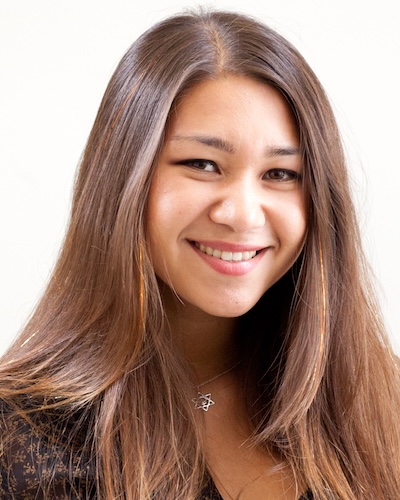Hellooo Electives!

January 12, 2016
by Ariel
Aaaand we’re back! Everyone’s getting back into the swing of things now that winter break is over. For second year students, this means ELECTIVES! For our final semester, we’re given the opportunity to choose classes from the OT department, or even look outside of the department to create our own focus. As an aspiring pediatric occupational therapist, I’ve chosen to take electives that will give me a stronger background in early intervention, sensory integration, and dysphagia. Here’s a little about the elective courses I’ve chosen for this semester.
Early Intervention
In early intervention, we will learn how occupational therapists treat babies and toddlers with developmental delays or disabilities. We’ll be learning how to help children attain brand-new skills ranging from physical, cognitive, communication, social/emotional, and self-help.
Sensory Integration
In our sensory integration courses, we’ll be learning how to help children process sensory information efficiently in order to learn, move, and interact appropriately with their environments. What is sensory integration? The basic principle is that we are constantly receiving sensory information from our environments in the form of sights, smells, sounds, tastes, gravity, etc. All of these different senses must be registering in our brains correctly in order for us to receive the information and respond appropriately (e.g., the pan feels hot, so I will respond by removing my hand). For many of us, this process occurs without us having to even think about it! But for others, integrating the senses is a challenge. For these children, occupational therapists use different types of sensory input to challenge their patients’ nervous systems and help them better process information from their environments. The end goal is for the child to be able to move efficiently, learn, and live a happy and full life!
Dysphagia
In our dysphagia course, we will be learning how to help patients who have difficulty swallowing foods, liquids, or medicine. The inability to swallow negatively impacts overall health, nutrition, and quality of life. Occupational therapists treat patients with dysphagia by using compensatory strategies, encouraging modified diets, introducing patients to adaptive utensils, teaching proper positioning, and providing exercises prior to mealtime that enhance safety and swallowing abilities.
For more information on Electives through the USC OT department, check out our curriculum here!
⋯
Next by tag Classes ⟩ What are OS/OT? ⟩
⋯





